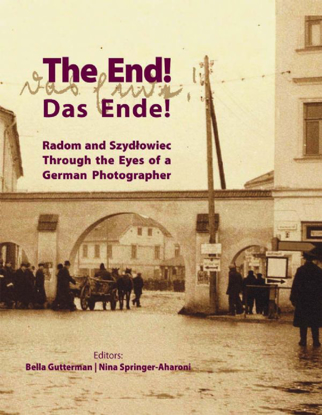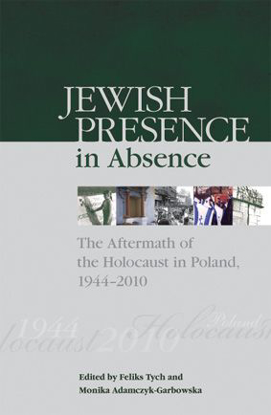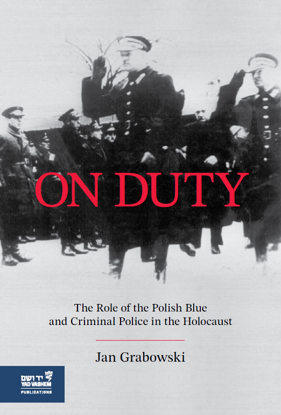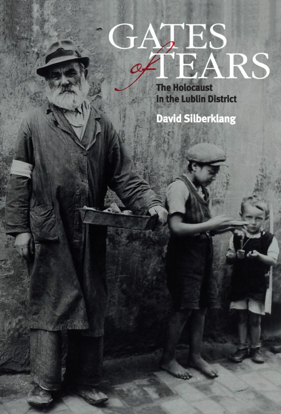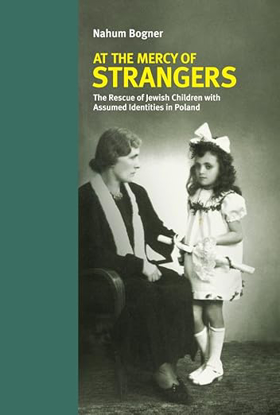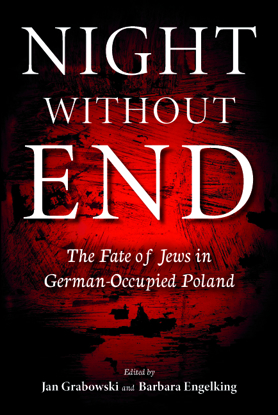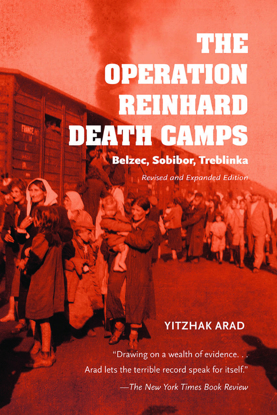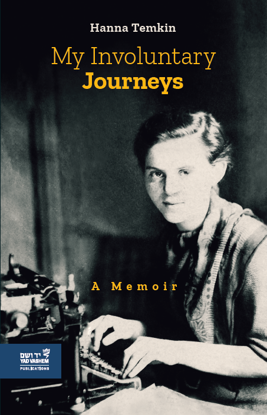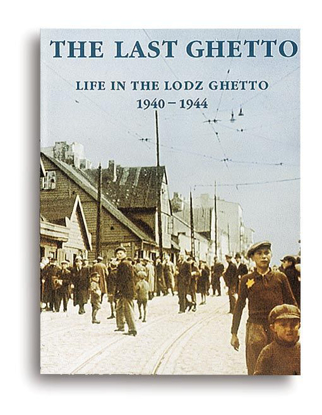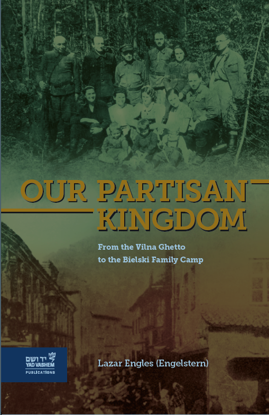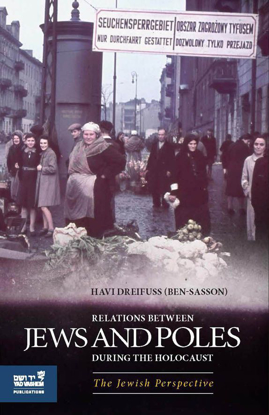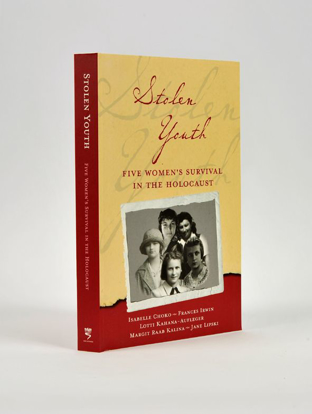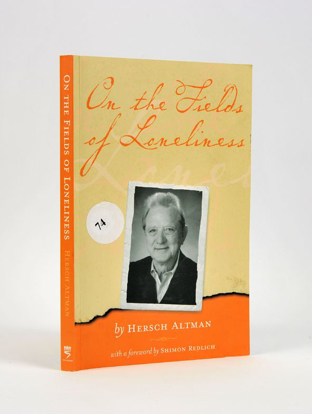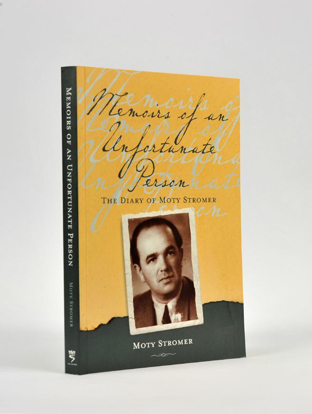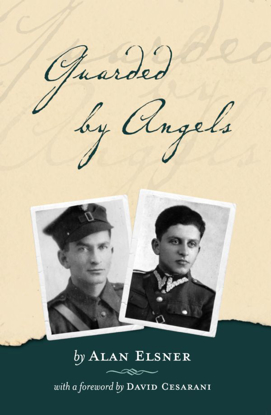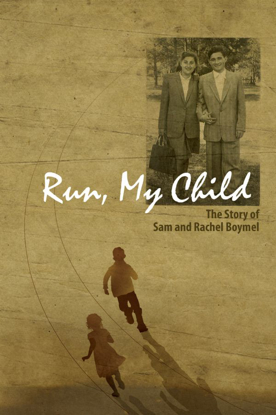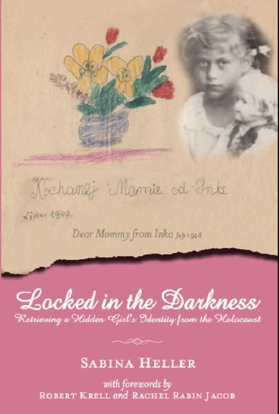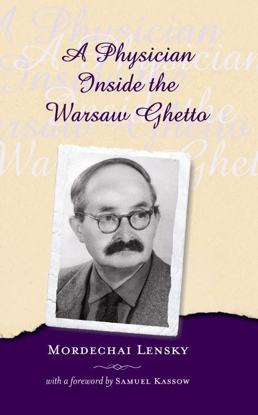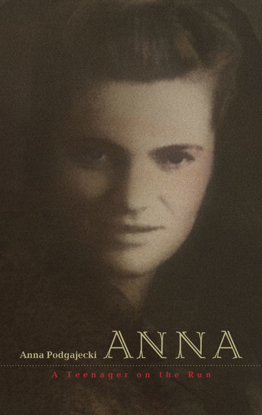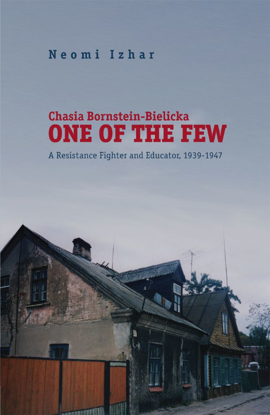Products tagged with 'Poland'
The End: Radom and Szydłowiec Through the Eyes of a German Photographer
Editors: Bella Gutterman and Nina Springer-Aharoni
Jewish Presence in Absence: The Aftermath of the Holocaust in Poland, 1944–2010
Editors: Feliks Tych and Monika Adamczyk-Garbowska
On Duty - The Polish Blue & Criminal Police in the Holocaust
On Duty - The Role of the Polish Blue and Criminal Police in the Holocaust
By Jan Grabowski
The Polish Police, commonly called the Blue or uniformed police in order to avoid using the term “Polish,” has played a most lamentable role in the extermination of the Jews of Poland. The uniformed police has been an enthusiastic executor of all German directives regarding the Jews.
Emanuel Ringelblum, Warsaw, 1943
Shortly after the occupation of Poland in the fall of 1939, the Germans created the Blue Police, consisting mainly of prewar Polish police officers. Within a short time, this police force was responsible for enforcing many anti-Jewish regulations issued by the Nazis. Who were these policemen, and how did they transform from ordinary policemen to murderous executioners? And what was the role of the Germans in this horrifying picture?
Such a Beautiful Sunny Day…: Jews Seeking Refuge in the Polish Countryside, 1942-1945
Barbara Engelking
Night Without End: The Fate of Jews in German-Occupied Poland
Edited by Jan Grabowski and Barbara Engelking
My Involuntary Journeys
Hanna Temkin
In My Involuntary Journeys, Hanna Temkin shares her story for the first time, shedding light on lesser-known aspects of Jewish life and survival in Eastern Europe before, during, and after the Holocaust. Moreover, Hanna’s story is an inspiring tale of female empowerment and serves as a testament to her ability to overcome the worst odds.
White Coats in the Ghetto: Jewish Medicine in Poland during the Holocaust
Miriam Offer
A last few words to honor you, the Jewish doctors. What canI tell you, my beloved colleagues and companions in misery? You are a part of all of us. Slavery, hunger, deportation, thosedeath figures in our ghetto were also your legacy. And you byyour work could give the henchman the answer Non omnis moriar, I shall not wholly die. (Dr. Israel Milejkowski, Director, Judenrat Health Department in the Warsaw Ghetto, October 1942)
White Coats in the Ghetto narrates the struggle of the Jews to survive in the Warsaw ghetto while also preserving their humanity during the Holocaust. Based on a vast quantity of official and personal documents, it describes the elaborate medical system that the Jews established in the ghetto to cope with the lethal conditions imposed on them by the Nazis, and the tragic ethical dilemmas that the medical teams confronted under German occupation.
OUR PARTISAN KINGDOM - From the Vilna Ghetto to the Bielski Family Camp
Lazar Engles (Engelstern)
The moment we first set foot on the soil of the Naliboki Pushcha, the atmosphere was completely different. We felt a new kind of security, as if we were in our own partisan kingdom…. We had survived so many dangers, but we were now among Jews in the forest.
Prior to the German invasion of the Soviet Union, Lazar Engles (Engelstern) lived a peaceful and fulfilled life in his beloved city of Vilna with his wife and two daughters. The Nazi occupation of the city in June 1941 and its subsequent ghettoization marked a rapid escalation of horrors for Lazar and his family.
Relations Between Jews and Poles during the Holocaust: The Jewish Perspective
Havi Dreifuss (Ben-Sasson)
"As far as Polish‒Jewish relations are concerned, we need to devote at least a few words to the attitude of Jews toward the Poles.… even in their suffering, the Jews remember with deep emotion and gratefulness all the acts of kindness toward them and the helping hand extended to them by each of those Poles.… But, despite this, the insult and humiliation—which shall never be forgotten—no one wishes to remember."
(Anonymous, Warsaw Ghetto, 1942)
Stolen Youth: Five Women’s Survival in the Holocaust
Isabelle Choko-Sztrauch-Galewska; Frances Irwin; Lotti Kahana Aufleger; Margit Raab Kalina; Jane Lipski
Memoirs of an Unfortunate Person: The Diary of Moty Stromer
Moty Stromer | Foreword by David Silberklang
Guarded by Angels: How My Father and Uncle Survived Hitler and Cheated Stalin
Alan Elsner | Foreword by David Cesarani
- 1
- 2

